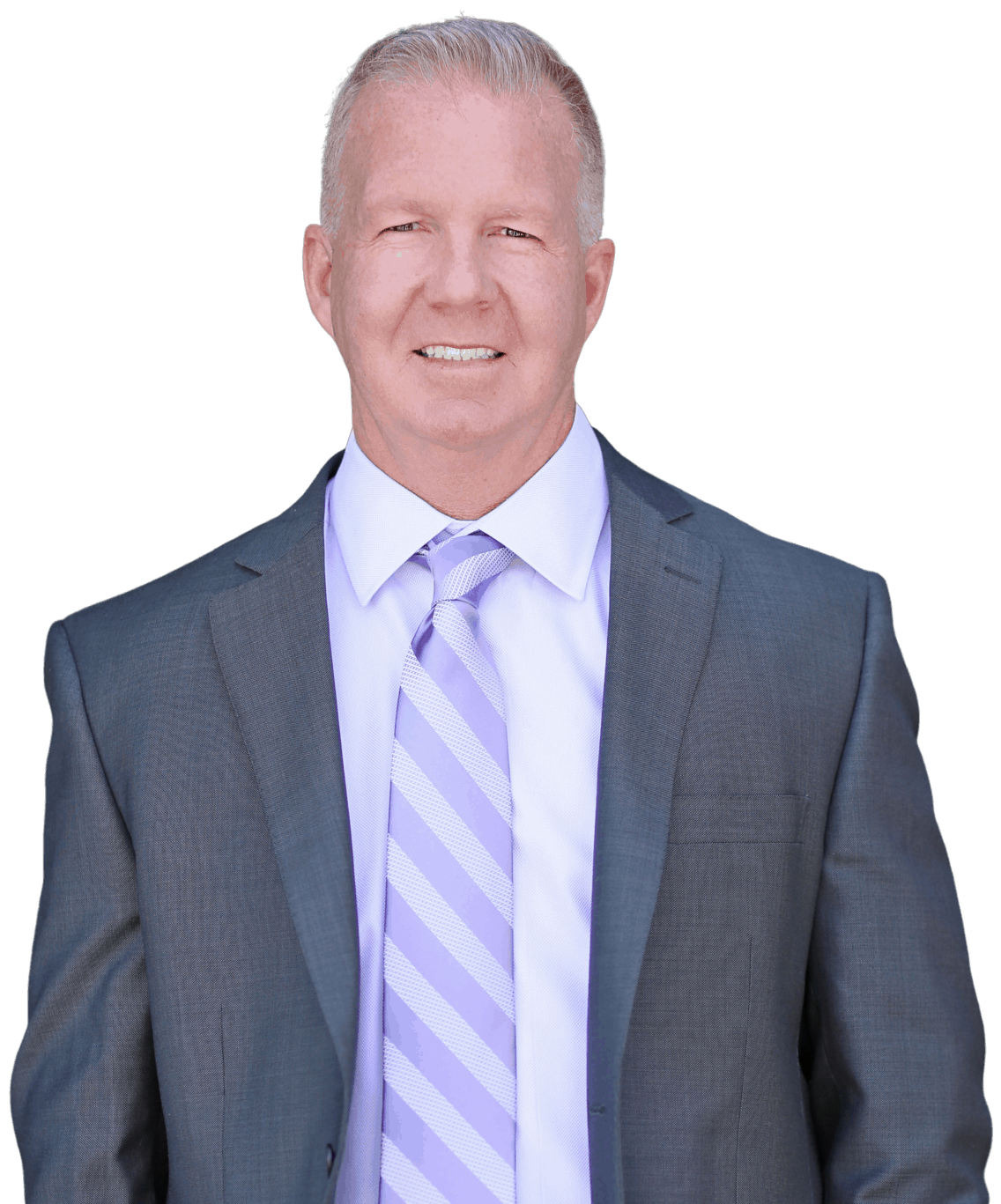
If you have been injured in an accident and are close to settling your claim with the insurance company, you’ll want to know just who else is entitled to a portion of your settlement, and how much. Those who are entitled to a portion of your settlement are called lien holders, and a lien is the legal right a creditor has to acquire part of someone else’s property. Usually, a lien will remain in effect until it is fully satisfied and released.
Personal injury claims can have many potential lien holders, including but not limited to:
Generally, a lien is placed on a personal injury settlement when the injured party doesn't have the money to pay for their necessary medical treatments. The hospital and doctors provide the services, but if the injured party can't pay the bills, a lien will be placed against any insurance settlement that is received to satisfy those debts.
A lienholder may let you know that they are filing a lien, or they may not. Figuring out who may have placed a lien against your settlement, and how to satisfy those liens, is a complicated task best left to a skilled, experienced personal injury law attorney, such as those at The Sevey Law Firm.
So, who can ultimately place a lien against your personal injury settlement?
Having said that, it may be months, or even a year or more, before you actually receive the notice to reimburse CMS. Because of this, it pays to put aside the amount that CMS has paid for your medical treatments in the event that they do request a reimbursement.
If Veterans Administration (VA) benefits paid for part of your medical treatments, the VA likely has placed a lien against your settlement. As with Medicaid and Medicare liens, a VA lien will also be paid before any other liens.
CMS and VA liens are often described as "super liens" because they take precedence over any other liens and will be repaid first. If you do not repay super liens, you will be facing strict federal penalties, such as having to pay back twice the original amount of the lien.
If you utilized your vehicle insurance policy to pay for medical treatments, it is possible that they, too, have placed a lien against your settlement. Check your policy language for details regarding when they can and can’t place this lien.
5. Personal Injury Protection (PIP) or Uninsured/Underinsured Motorist (UIM) Coverage - Laws regarding lien placement by PIP or UIM providers has changed for some jurisdictions recently, so it pays to have a seasoned attorney representing you who is familiar with these changes. They will be able to review your policy documentation and give you a definitive answer on whether these insurers can legally place a lien against your personal injury settlement.
The federal government has six years within which to place a lien against your personal injury settlement. Other insurance providers, such as private health insurance companies, auto insurance companies, and workers' compensation insurance companies have varying statutes of limitations but are usually never as long as the federal government statute. If you have not received a notice from a private lien holder within a year of receiving your settlement, it is probable that they've waived their claim against your settlement.
Before you spend your personal injury settlement, you should work with a personal injury attorney such as the attorneys at The Sevey Law Firm to discover any private lienholders that may have a right to part of your settlement proceeds. You can contact us by phone at (916) 788-7100 or online using our contact page.